Study Reveals Best Time to Get RSV Vaccine During Pregnancy
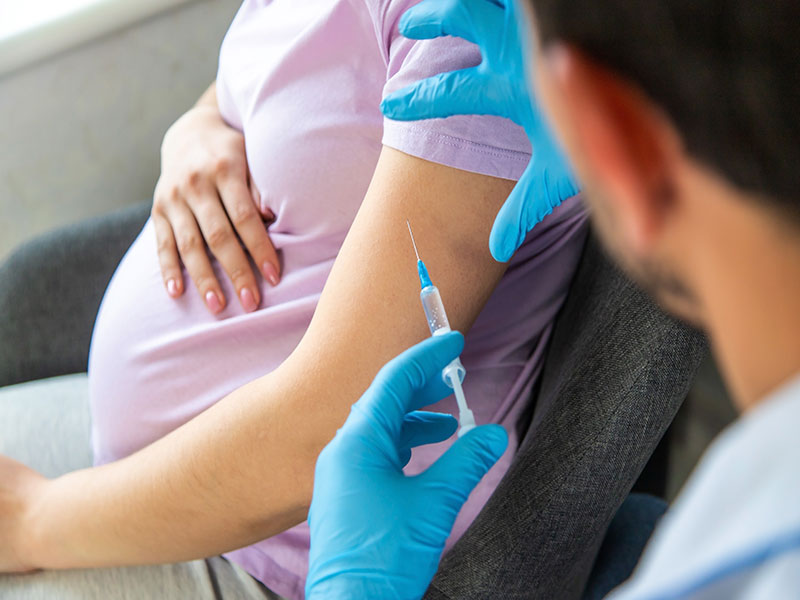
New research led by investigators at Mass General Brigham suggests vaccination closer to 32 weeks of pregnancy, rather than the current guidelines of between 32 and 36 weeks, will better protect pregnant women’s newborns against respiratory syncitial virus (RSV).
Study Finds Link Between COVID-19 and Autoimmunity
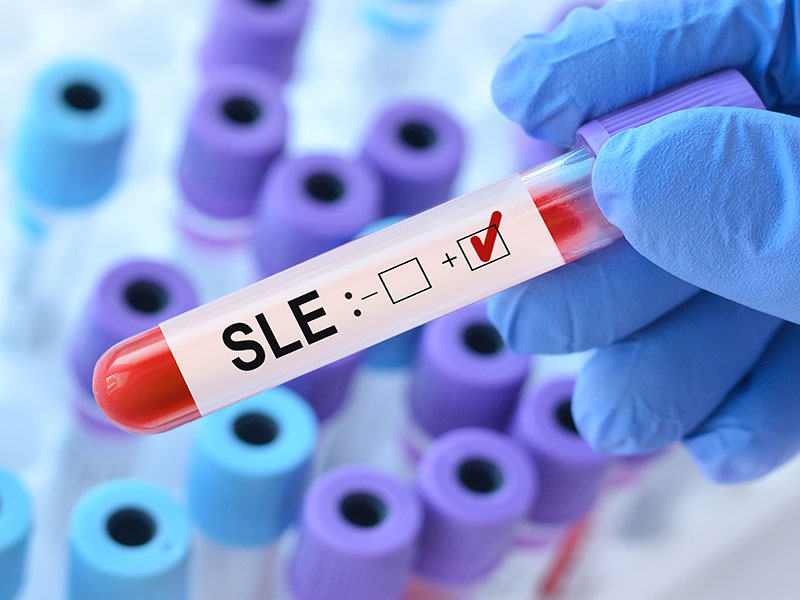
A population-based study conducted by researchers from the Republic of Korea found a significantly higher risk of developing autoimmune and autoinflammatory conditions, such as rheumatoid arthritis (RA), lupus, Crohn’s disease, and alopecia, among individuals who had COVID-19, with risks particularly elevated for those with severe cases, Delta variant infections and those who were unvaccinated.
IVIG Reduces Symptom Severity for AGID

A new study indicates intravenous immun globulin (IVIG) therapy can reduce symptom severity for patients with autoimmune gastrointestinal dysmotility (AGID), also known as gastroparesis.
mRNA Cancer Vaccine Begins Trials for Non-Small Cell Lung Cancer
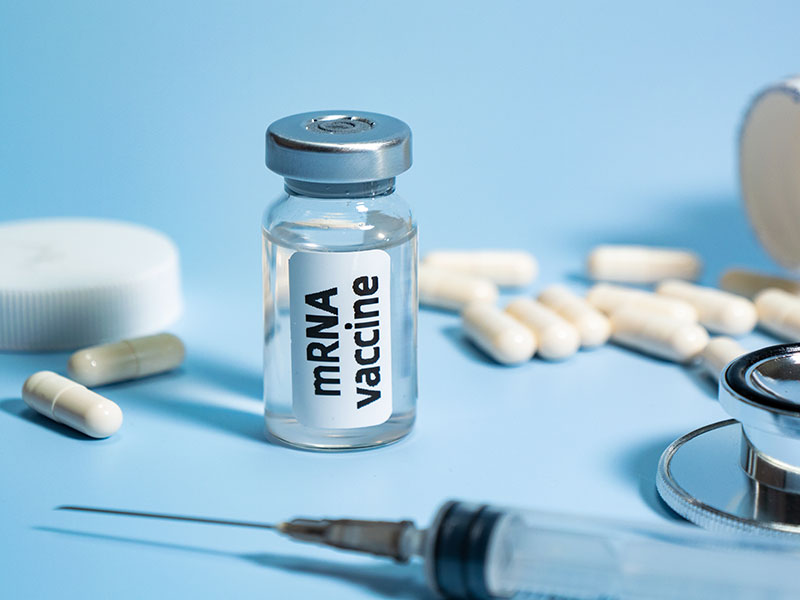
An mRNA vaccine has entered human trials as a treatment for lung cancer. Unlike traditional cancer vaccines such as the HPV vaccine, BNT116 is a therapeutic cancer vaccine designed to reduce tumor growth in patients with cancer or prevent its recurrence.
Pfizer’s RSV Vaccine ABRYSVO Approved by FDA
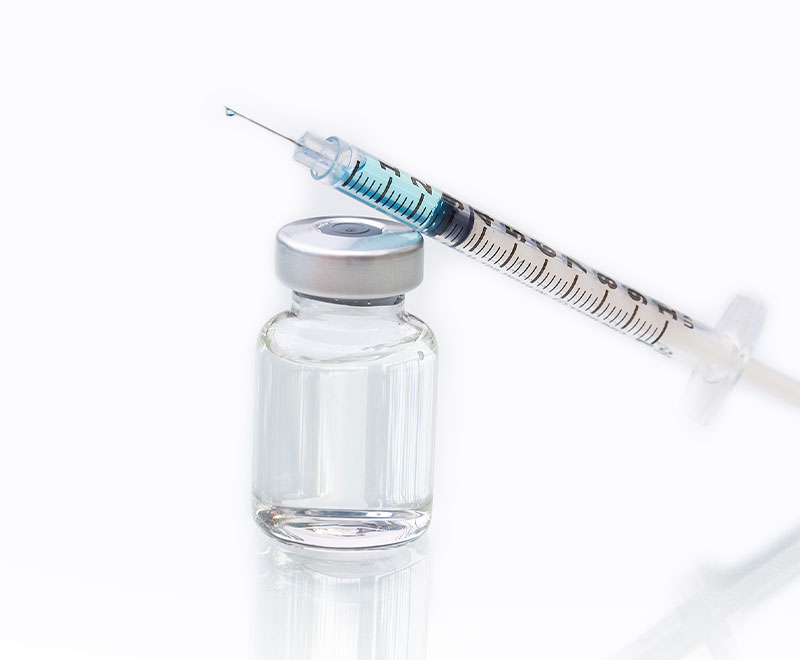
The U.S. Food and Drug Administration (FDA) has approved ABRYSVO (respiratory syncytial virus vaccine [RSV]), a bivalent RSV prefusion F (RSVpreF) vaccine, for the prevention of lower respiratory tract disease (LRTD) caused by RSV in individuals 18 through 59 years of age who are at increased risk for LRTD caused by RSV.
Changes in Immune Cell Gene Activity May Indicate Probability of Developing MS
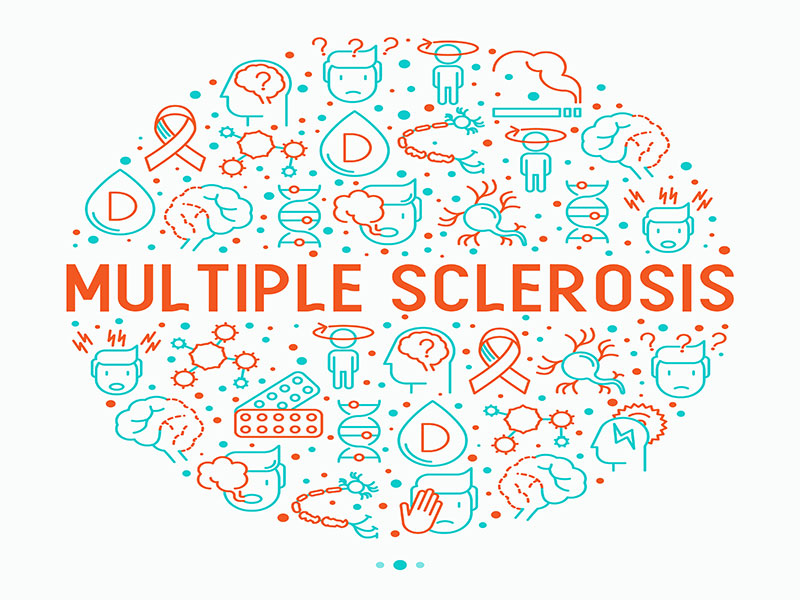
A new study sheds like on the role of cytotoxic T cells in developing multiple sclerosis.
FDA Approves Dupixent for Chronic Obstructive Pulmonary Disease
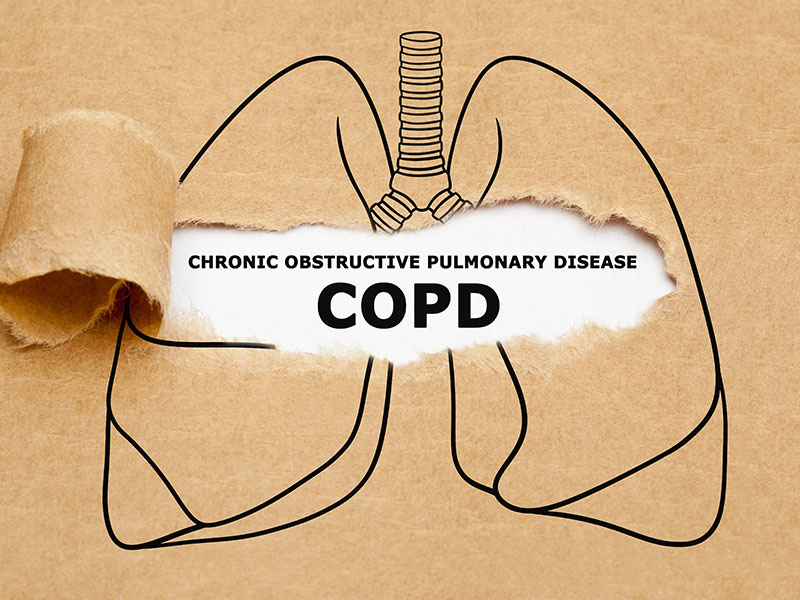
The U.S. Food and Drug Administration has expanded its approval of Dupixent to chronic obstructive pulmonary disease (COPD).
FDA Approves New Treatment for Hemophelia A and B
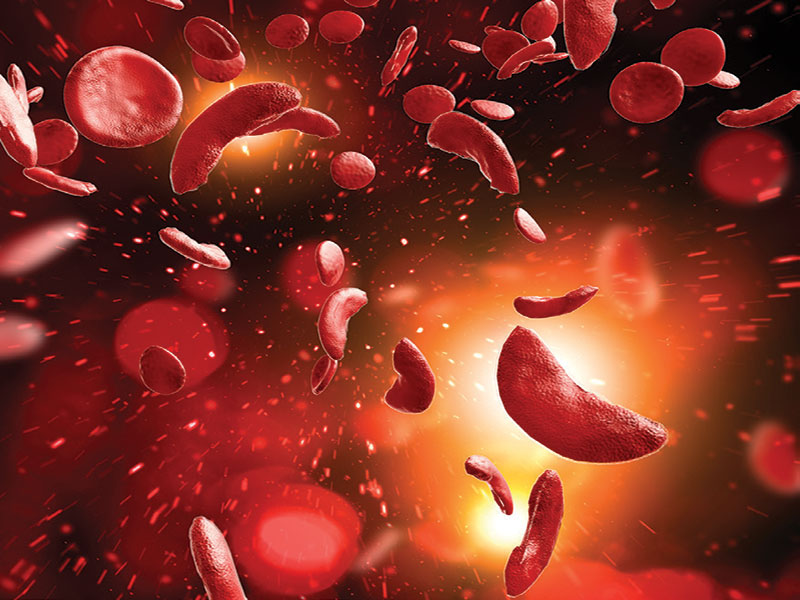
The U.S. Food and Drug Administration (FDA) approved Hympavzi (marstacimab-hncq) for routine prophylaxis to prevent or reduce the frequency of bleeding episodes in adult and pediatric patients 12 years of age and older with hemophilia A without factor VIII inhibitors or hemophilia B without factor IX inhibitors (neutralizing antibodies).
New Gene Therapies Are Transformative for People with Sickle Cell Disease and Frequent Vaso-Occlusive Crises

Affecting more than 100,000 American children and adults, sickle cell disease is an inherited hemoglobinopathy that results when a single-nucleotide mutation in the ß-globin gene yields an abnormal “sickle” hemoglobin (HbS). Now, these patients may be eligible for a one-time gene therapy that offers the potential of a durable functional cure by eliminating severe VOCs and associated hospitalizations.
FDA Approves Dupixent for Chronic Obstructive Pulmonary Disease
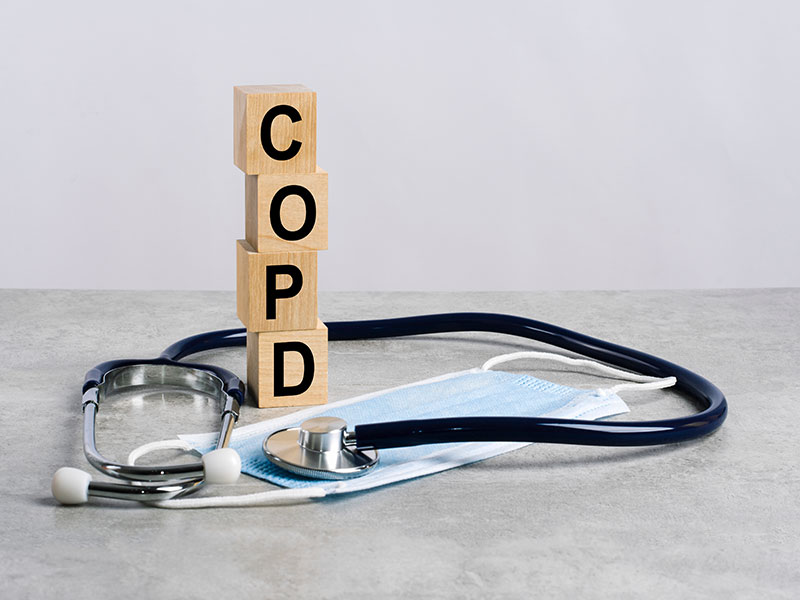
The U.S. Food and Drug Administration (FDA) has expanded its approval of Dupixent to chronic obstructive pulmonary disease (COPD).
